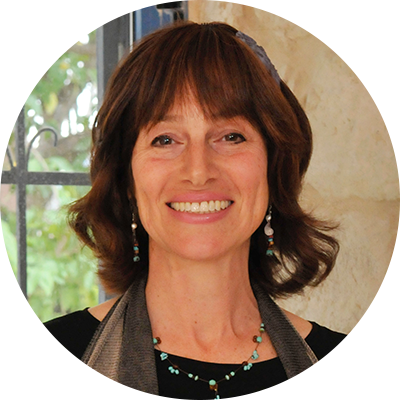
(AnnaStills / Shutterstock.com)
The lockdowns of 2020 inspired a new way of thinking about work. Many employees started to work from home and corporate offices relocated to home offices. This, in turn, has opened new opportunities for those who may have had challenges finding work. Podium, an online service, was launched in the UK to help freelancers with disabilities find work.
Inspired by medal-winning Paralympic athlete Liz Johnson, the platform assists those with disabilities to find work. Freelancers post a profile listing their skills and interests as well as their rate per day, according to Forbes. It is attracting writers, graphic designers, and translators, as well as programmers and software developers looking for freelance work.
Employers can scour the site to find freelancers or post jobs for no upfront fee. If a match is made, the freelancers contribute a portion of their earnings to a charity of their choice, and to help finance the job platform.
The timing could not have been better. Employers are now very much aware of disability inclusion, yet many are unsure how to make connections. In order to assist companies in adapting to this market, Johnson has already created a for-profit company called The Ability People (TAP).
When the lockdown arrived in March, 2020, employers were suddenly more flexible when it came to hiring people working from home, including being more open to the idea of hiring people with disabilities.
“Everyone was becoming more open-minded towards the idea of working from home. Prior to the lockdown, people couldn’t really imagine how it was going to work because they couldn’t see themselves doing it,” Johnson explained to Forbes.
There is a huge, untapped market of skilled and talented workers searching for work. In the UK alone, 20 percent of the population has a disability, but they are two times as likely to be unemployed, according to Forbes.
Podium founder Liz Johnson thinks that the platform has the potential to liberate both recruiters and aspiring disabled freelancers by stripping out the uncertainties around disability disclosure https://t.co/nimg6FjaBf
— Forbes Europe (@ForbesEurope) September 16, 2020
In the US, the numbers are higher, as reported by the CDC; one in four American adults lives with a disability that may include mobility, hearing, cognition, vision, independent living, or self-care. In 2018, 21 percent of these people were employed, whereas 68 percent of those without disabilities had jobs, according to Marketwatch.
Johnson, who has a form of cerebral palsy, explains, “We are not all the same and we will never all be the same.” In a YouTube video, Johnson set out to explain why employers should be hiring workers with disabilities. She said this should be a responsibility, not merely a choice, and stressed that the disability gap in the UK has hardly improved in a decade.
Johnson is determined to help improve the situation by addressing the freelance marketplace. She is a winner in all she does; she has won many medals in world swimming championships and was selected for the prestigious BBC 100 Women in 2018. With her insight, might, and inner strength, Johnson has launched Podium to show others—employers and freelancers with disabilities— how they too can be winners.
YOU MIGHT ALSO LIKE:
Our Heart Speaks Gives a Voice to People with a New Disability
New Jersey Teen Creates Comics Featuring Superheroes with Disabilities
5 Companies Excelling in Employee Wellness






